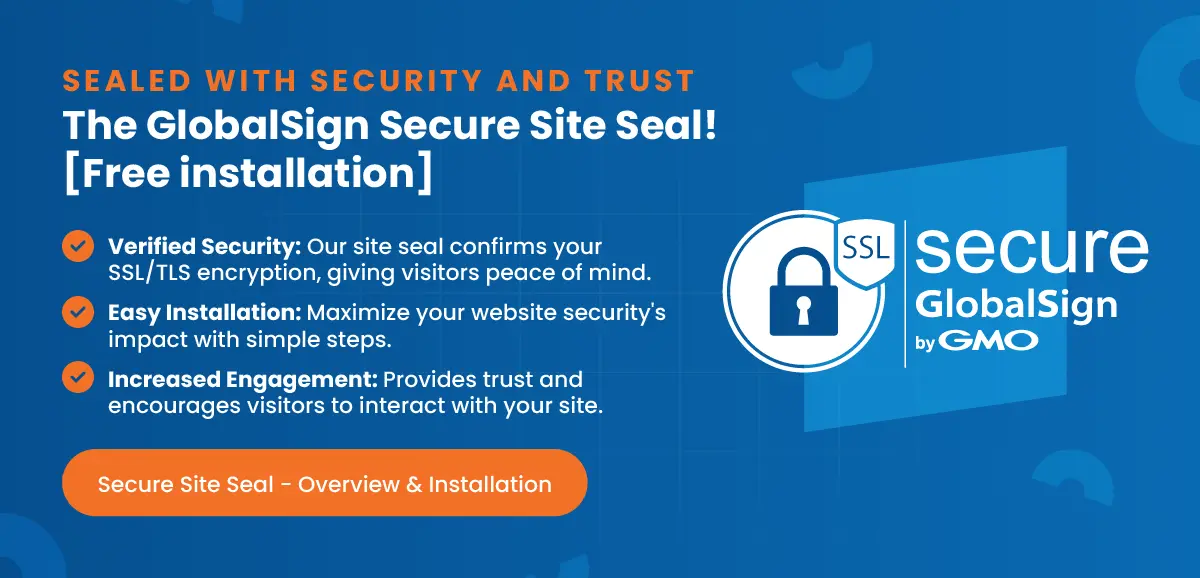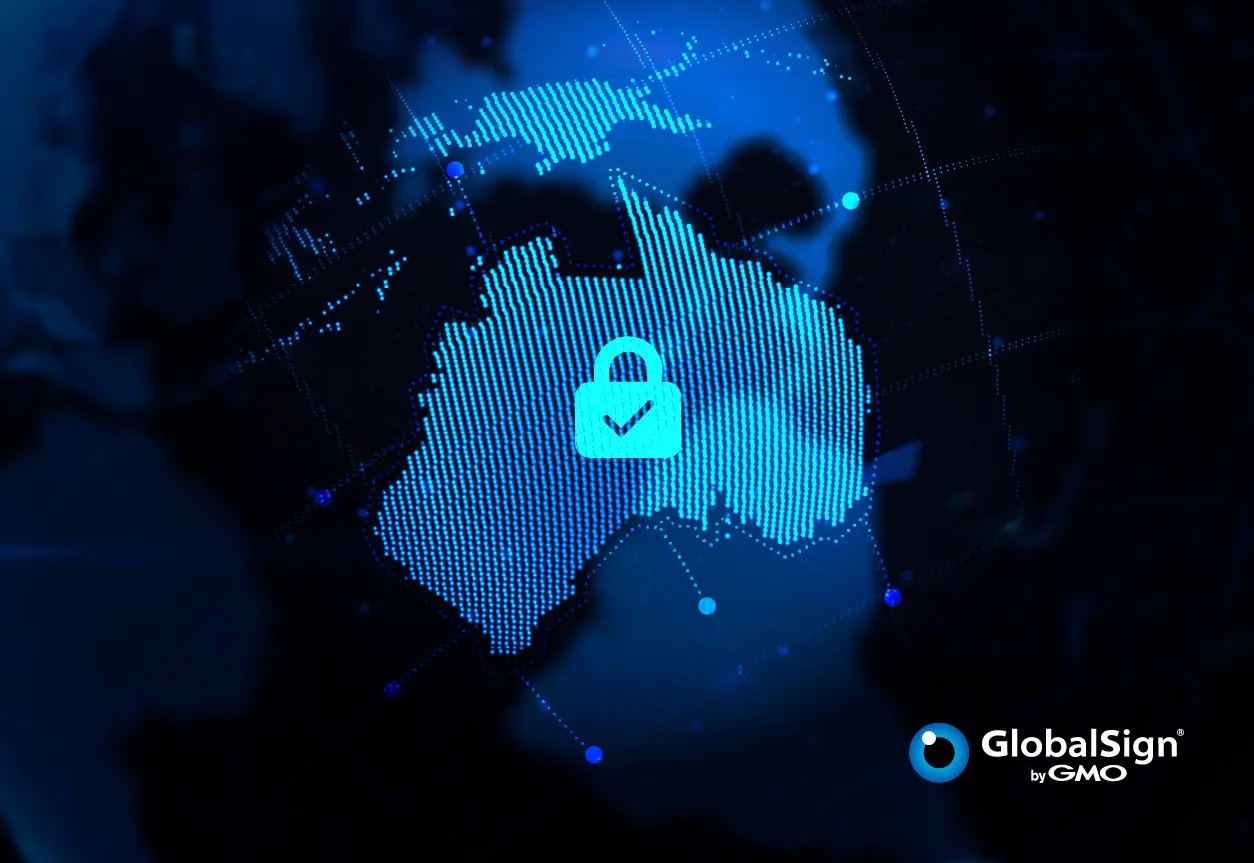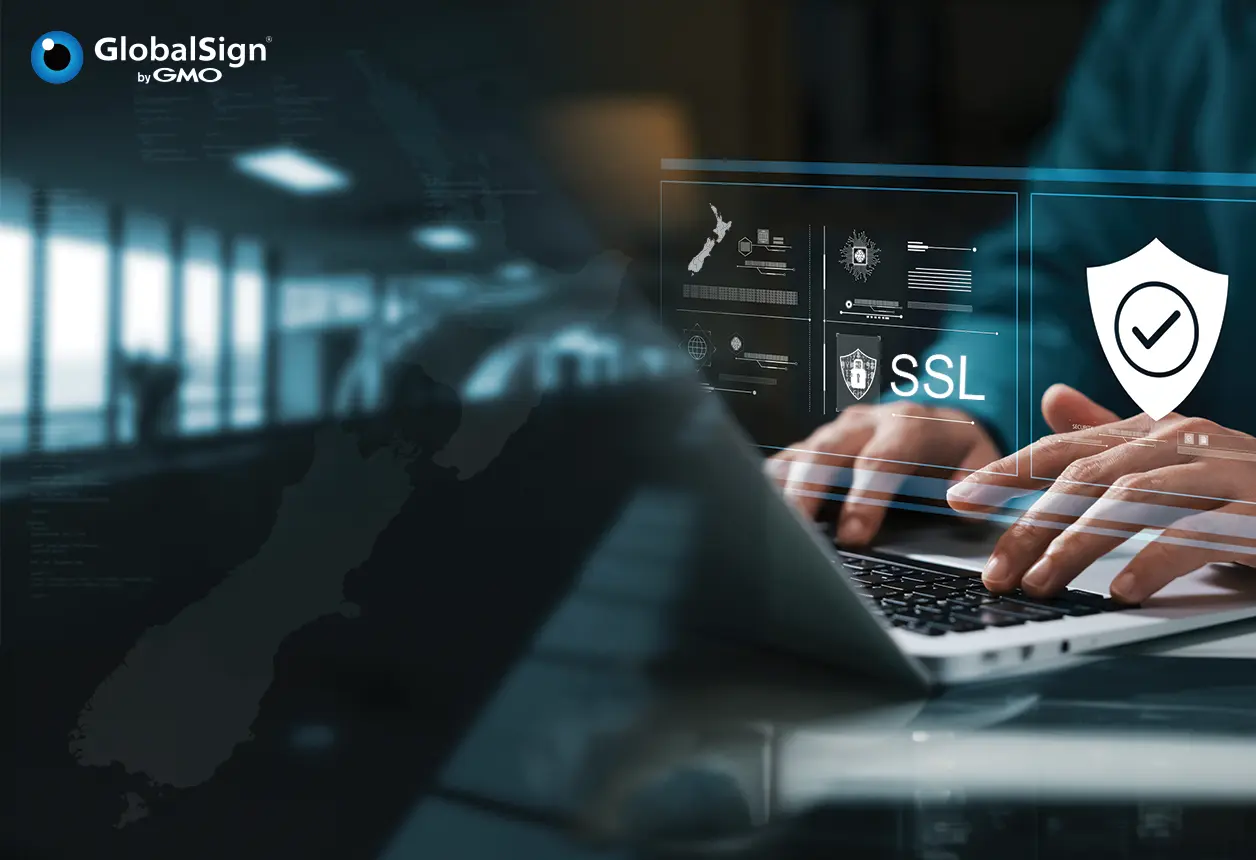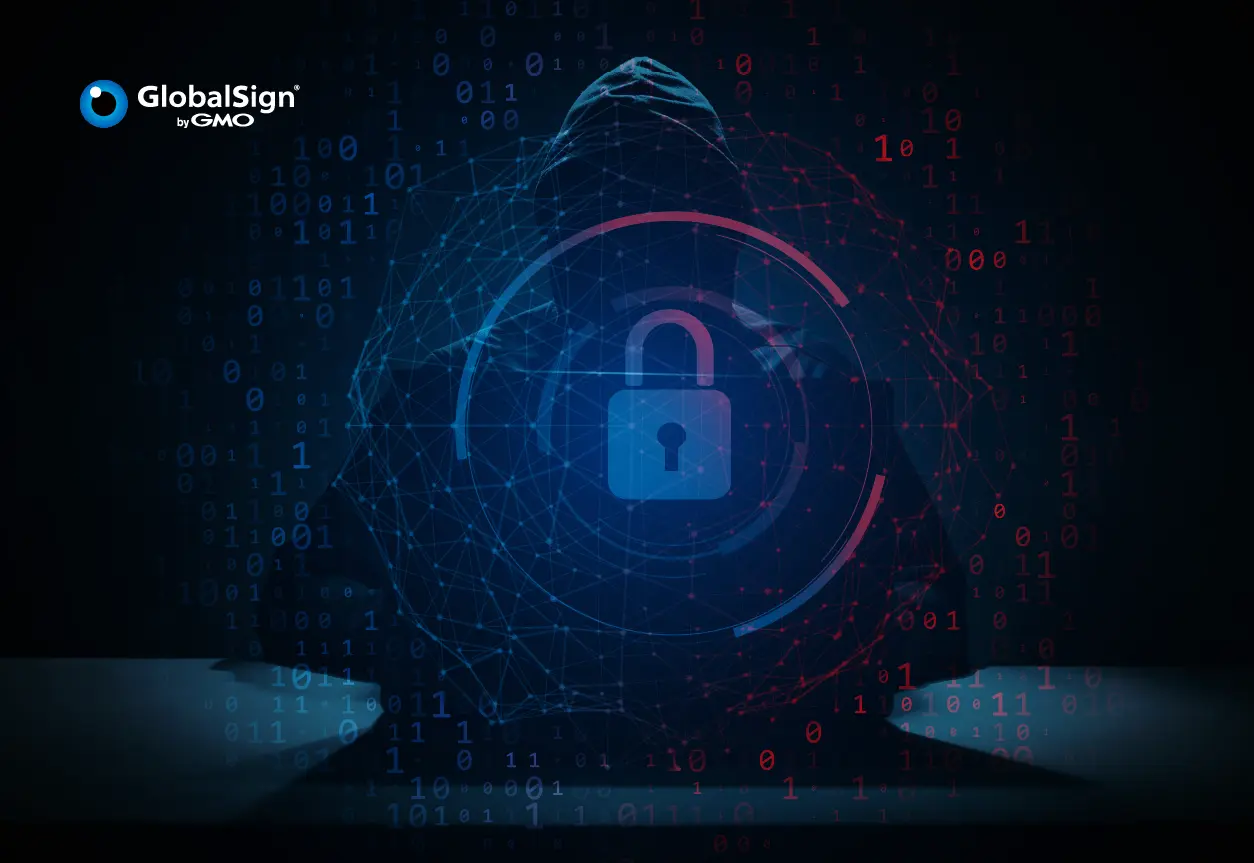In Hong Kong's digital landscape, secure online connections are essential as businesses and individuals rely more on the internet. An SSL certificate in Hong Kong is crucial for any online operation, encrypting data transmitted between websites and users. This encryption protects sensitive information from unauthorized access, building trust with customers, improving website security, and ensuring compliance with data protection regulations. Let us explore SSL in Hong Kong, its significance, trends, and implications for digital security.
Fundamentals of SSL in Hong Kong
SSL Certificates Hong Kong Defined
SSL, or Secure Sockets Layer, is a crucial component of online security. It creates a secure and encrypted connection between a client/user's web browser and a secured website. With SSL, sensitive information such as passwords, credit card details, and personal data is protected from interception by unauthorized parties, ensuring privacy and trust in digital transactions.
Ensuring a secure connection is established between a server and a browser is crucial for online security. The SSL handshake is the process through which the server and browser establish the parameters of the secure connection. It involves several steps, including the server sending its SSL certificate to the browser, the browser verifying the certificate's authenticity, and both parties agreeing on the encryption method to use for the session.
Is SSL Certificate Free?
SSL certificates in Hong Kong come in both free and paid versions, depending on the certificate type and level of security required. There are 3 main types of SSL:
-
Domain Validated (DV) Certificates - Our Domain Validated (DV) certificates are ideal for individuals and small businesses looking to secure their websites quickly and affordably. These certificates authenticate the ownership of the domain and encrypt data transmitted between the website and its visitors, ensuring confidentiality and integrity.
-
Organization Validated (OV) Certificates - For businesses that require a higher level of authentication, our Organization Validated (OV) certificates are the perfect choice. These certificates authenticate domain ownership and verify the organization's identity, providing enhanced trust and security for online transactions and communications.
-
Extended Validated (EV) Certificates - Our Extended Validated (EV) certificates offer the highest level of authentication and trust. It’s ideal for websites that handle sensitive data, such as login credentials and payments. EV SSL is recommended for most organizations, including e-commerce, large corporations, and banks.
Guide to Verifying an SSL Certificate
Online SSL certificate verification tools, like GlobalSign's SSL Checker, are crucial for validating SSL certificates. They enable users to enter a website's domain name and view detailed certificate information, ensuring authenticity and validity. This verification is essential for website security. Here's a step-by-step guide to verifying an SSL certificate in Hong Kong:
-
Check the Certificate Details: Different browsers have different ways of showing if the website is secure. In Google, click the tune icon in the address bar to view the certificate details. Verify that the certificate is issued to the correct domain.
-
Verify the Issuer: Check the issuer of the certificate. Make sure it is a trusted Certificate Authority (CA) like GlobalSign.
-
Check the Validity Period: Verify the certificate's validity period. Ensure it has not expired or is not nearing expiration.
-
Look for HTTPS: Check if the website's URL starts with "https://" instead of "http://". The "s" in "https" indicates a secure connection.
-
Check for the Padlock Icon: Ensure that the padlock or tune icon (for Google) is displayed in the address bar, indicating a secure connection.
-
Use SSL Certificate Tools: Consider using SSL certificate verification tools for a comprehensive check.
SSL Certificate Verification Tool
To ensure the security and authenticity of SSL certificates, users can utilize SSL certificate verification tools like GlobalSign's SSL Configuration Checker, which helps verify SSL configurations and identify potential vulnerabilities, enhancing overall website security.
Comparing HTTP and HTTPS
HTTP (Hypertext Transfer Protocol) is the standard protocol used for transferring data over the internet, while HTTPS (Hypertext Transfer Protocol Secure) is the secure version of HTTP that uses SSL/TLS to encrypt data. HTTPS provides a higher level of security and is essential for websites that handle sensitive information.
Security Differences and Why It Matters
The security differences between HTTP and HTTPS are significant and can have a profound impact on website security. Here's why it matters:
-
Data Encryption: HTTPS encrypts data transmitted between the user's browser and the website, ensuring that sensitive information such as login credentials and payment details are protected from eavesdroppers.
-
Data Integrity: HTTPS also ensures data integrity, meaning that the data transmitted cannot be tampered with or altered by malicious actors. This is crucial for maintaining the trust and credibility of your website.
-
Authentication: HTTPS verifies the authenticity of the website, ensuring that users are connecting to the intended website and not a malicious imposter. This helps prevent phishing attacks and other forms of fraud.
-
Search Engine Ranking: Google considers HTTPS as a ranking signal, meaning that websites using HTTPS may rank higher in search engine results pages (SERPs) compared to those using HTTP. This can lead to increased visibility and traffic to your website.
-
User Trust: Using HTTPS instills trust in your website visitors, as they are more likely to trust a website that is secure and displays the padlock icon in the address bar.
The security differences between HTTP and HTTPS are significant and can have a profound impact on website security, user trust, and search engine ranking. Implementing HTTPS is essential for protecting sensitive data, maintaining credibility, and improving your website's visibility in search engine results.
SEO Implications
The implementation of HTTPS can have a positive impact on your website's search engine optimization (SEO) efforts. Discover the benefits of using SSL certificates in Hong Kong. Here are some SEO implications of using HTTPS:
-
Google Ranking Signal: Google considers HTTPS as a ranking signal, meaning that websites using HTTPS may rank higher in search engine results pages (SERPs) compared to those using HTTP. This can lead to increased visibility and traffic to your website.
-
Security Boost: HTTPS is more secure than HTTP, as it encrypts data transmitted between the user's browser and the website. This can lead to increased user trust and confidence in your website, which can positively impact your SEO efforts.
-
Referral Data: HTTPS ensures that referral data is preserved when traffic passes through HTTPS to HTTP sites. This means that you can accurately track referral traffic and attribute it to the correct source, which is crucial for understanding your website's performance and optimizing your SEO strategy.
-
Mobile Ranking: Google considers mobile-friendliness as a ranking factor, and HTTPS is essential for providing a secure and mobile-friendly browsing experience. Implementing HTTPS can therefore positively impact your website's mobile ranking.
Implementing HTTPS can have several positive SEO implications, including improved search engine ranking, increased user trust, and better tracking of referral data. It is therefore essential to prioritize HTTPS implementation as part of your SEO strategy.
Changes in the SSL Space
The SSL landscape is constantly evolving, driven by technological advancements and changing security requirements. In Hong Kong, as elsewhere, staying abreast of these changes is crucial for maintaining a secure online presence. One notable shift is the move to Transport Layer Security (TLS) from SSL, offering better security and encryption. There's also stricter validation for SSL certificates, enhancing trust and security in online transactions.
SSL Certificate Updates in Hong Kong
Regular updates to SSL certificates are essential for maintaining the security and functionality of a website. In Hong Kong, businesses and individuals are encouraged to keep their SSL certificates up to date to benefit from the latest security enhancements and encryption standards. GlobalSign provides a seamless process for updating SSL certificates, ensuring that websites remain protected against cyber threats and compliant with industry standards.
SSL Certificate Validity Period
The validity period of an SSL certificate is another aspect that has seen changes in recent years. Previously, SSL certificates were typically issued for one or two years. However, there is a growing trend towards shorter validity periods, with some certificates now being issued for as little as six months. This shift is driven by the need for increased security and the desire to reduce the impact of potential certificate compromises. While shorter validity periods may require more frequent certificate renewals, they help ensure that websites are protected by the latest security measures.
SSL Best Practices in Hong Kong

In the dynamic digital landscape of Hong Kong, implementing best SSL practices is essential for ensuring secure online connections. SSL certificates in Hong Kong play a crucial role in protecting sensitive data transmitted between users and websites.
A ransomware attack on the Hong Kong College of Technology (HKCT) in late February resulted in the theft and encryption of internal documents, including personal data of over 8,000 students. The leaked information included names, identity card numbers, addresses, email addresses, and phone numbers. This incident is just one of many cyberattacks targeting organizations in Hong Kong, highlighting the urgent need for stronger cybersecurity measures.
To safeguard sensitive information and prevent data breaches, Hong Kong organizations should consider implementing SSL certificates. These certificates encrypt data, build trust, enhance online reputation, and ensure regulatory compliance. By investing in SSL, organizations can demonstrate their commitment to data security and protect their customers.
Essential SSL Certificate Guidelines
-
Choose the Right SSL Certificate: Select the SSL certificate that best suits your website's needs. Consider factors such as the level of validation required, the number of domains you need to secure, and the type of encryption you prefer.
-
Keep Certificates Up to Date: Regularly update SSL certificates to ensure they are using the latest security protocols and encryption standards. This helps protect against vulnerabilities and ensures compatibility with modern browsers.
-
Use Strong Encryption: Opt for SSL certificates that offer strong encryption, such as SHA-2 or SHA-256, to protect data from being intercepted or tampered with during transmission.
-
Implement HTTPS Everywhere: Secure all pages of your website, not just those handling sensitive information, to provide a consistent and secure browsing experience for users.
-
Enable HTTP Strict Transport Security (HSTS): HSTS instructs web browsers to only connect to your website over HTTPS, even if HTTP links are used. This helps prevent man-in-the-middle attacks and improves overall security.
Enhancing Website Security
-
Regular Security Audits: Conduct regular security audits and vulnerability assessments to identify and address potential security risks.
-
Implement Strong Access Controls: Use multi-factor authentication (MFA) and strong password policies to protect access to your website's backend and sensitive information.
-
Secure Your Hosting Environment: Ensure that your hosting provider follows the best security practices and that your website's server software is kept up to date with security patches.
-
Educate Employees: Train employees on cybersecurity best practices, such as recognizing phishing attacks and using secure passwords, to reduce the risk of human error.
-
Backup Regularly: Regularly back up your website's data to minimize the impact of a potential security breach or data loss.
By following these best practices, businesses and individuals and organizations in Hong Kong can enhance the security of their websites and protect against cyber threats, ensuring a safe online environment for themselves and their users.
SSL Use Cases in Hong Kong
SSL for Personal Use
In Hong Kong, individuals use SSL certificates to secure their online activities, such as accessing webmail and social media accounts. SSL ensures that personal information, such as login credentials and messages, is encrypted and protected from eavesdropping.
SSL for Enterprise Use
SSL certificates in Hong Kong are also crucial for enterprises, encrypting data for activities like webmail and social media. They're also essential for mobile app developers, encrypting data between apps and servers, and for enterprises in online banking, education, and government. Trusted for reliability and security, GlobalSign's SSL certificates play a crucial role in securing digital connections in Hong Kong.
GlobalSign SSL Certificates for Secure Digital Connections in Hong Kong
As a leading Certificate Authority (CA), GlobalSign offers a range of SSL certificates to meet the diverse security needs of businesses and individuals in Hong Kong. Our SSL certificates are trusted for their reliability, security, and compatibility with all major browsers and devices.
Conclusion
SSL plays a crucial role in securing digital connections in Hong Kong, ensuring the confidentiality, integrity, and authenticity of online transactions and communications. As a leading Certificate Authority, GlobalSign is committed to providing robust SSL solutions tailored to the unique needs of businesses and individuals in Hong Kong. Our trusted SSL certificates, backed by cutting-edge technology and expert support, are instrumental in safeguarding digital connections and building trust in the online world. Partner with GlobalSign today to enhance your digital security and stay ahead.







